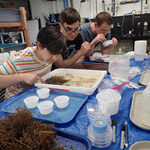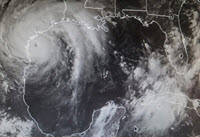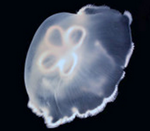Category Archives: DROPPS

Marine protists are single-celled planktonic creatures that form the base of the marine food web and perform important ecosystem services, including driving photosynthesis and the carbon and nitrogen cycles. Protist communities include energy-producing organisms, such as phytoplankton, that use sunlight or chemical reactions to generate their own food. Protists also include predators, such as microzooplankton, Read More
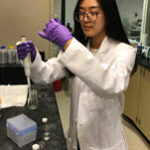
Oil-water interfaces, such as those formed by marine oil spills or natural ocean oil seeps, are teeming with bacterial activity. Some bacterial species in those interfaces form biofilms that help break up oil, which enhances biodegradation. The interfaces themselves can also significantly influence how bacteria behave, often trapping them or altering their natural movements. Jiayi Read More
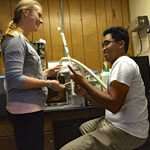
Oil is a complex mixture of chemicals with different degradation behaviors and toxicity levels. Understanding how the compounds in spilled oil, particularly toxic compounds, change with weathering is important to predicting oil’s persistence in the environment. Meredith Evans Seeley analyzed how oil compounds are preserved or removed over time in coastal systems that have different Read More
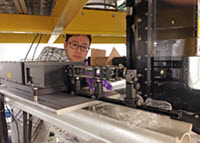
Laser light and high-speed cameras can help researchers observe the behavior of oil droplets within a laboratory-simulated oil plume and interpret how the oil subsequently may move through the water column. Xinzhi Xue uses lasers to non-invasively probe inside the oil plume and get a detailed look at the oil fragmentation process. “This knowledge is crucial Read More
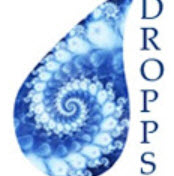
In April 20, 2010, the Gulf of Mexico had its greatest mishap in record time with the Deepwater Horizon oil spill, wherein an estimated 1,000 barrels of oil (peaking at more 60,000 barrels) per day were released into the Gulf for 87 days, for a total of 3.19 million barrels for the entire duration. The Read More

The Dispersion Research on Oil: Physics and Plankton Studies (DROPPS) Consortium had another successful collaboration with the Consortium for Advanced Research on Transport of Hydrocarbon in the Environment (CARTHE) for the UT Summer Science program! We taught 3rd-4th graders about how oil spill scientists sometimes use drift cards to study oil spills to see where Read More
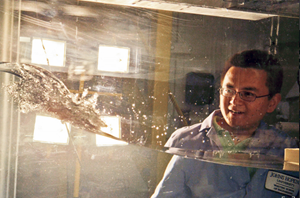
For Cheng Li, the beauty of our oceans is precious. He wants to protect that beauty by improving the tracking of and response to oil spills. Using a customized, self-built wave tank, he investigates the interactions between oil, dispersant, and breaking waves. Data from his wave experiments will contribute to better predictions about where and Read More
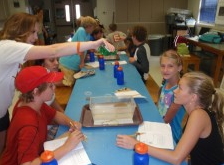
The methods used to remove the oil from the Gulf of Mexico – skimming, soaking, and dispersing – were as much in the news as the Deepwater Horizon incident itself. Three years later, a group of twenty-six middle school students conducted experiments to compare these methods as part of a week-long University of Texas Summer Read More
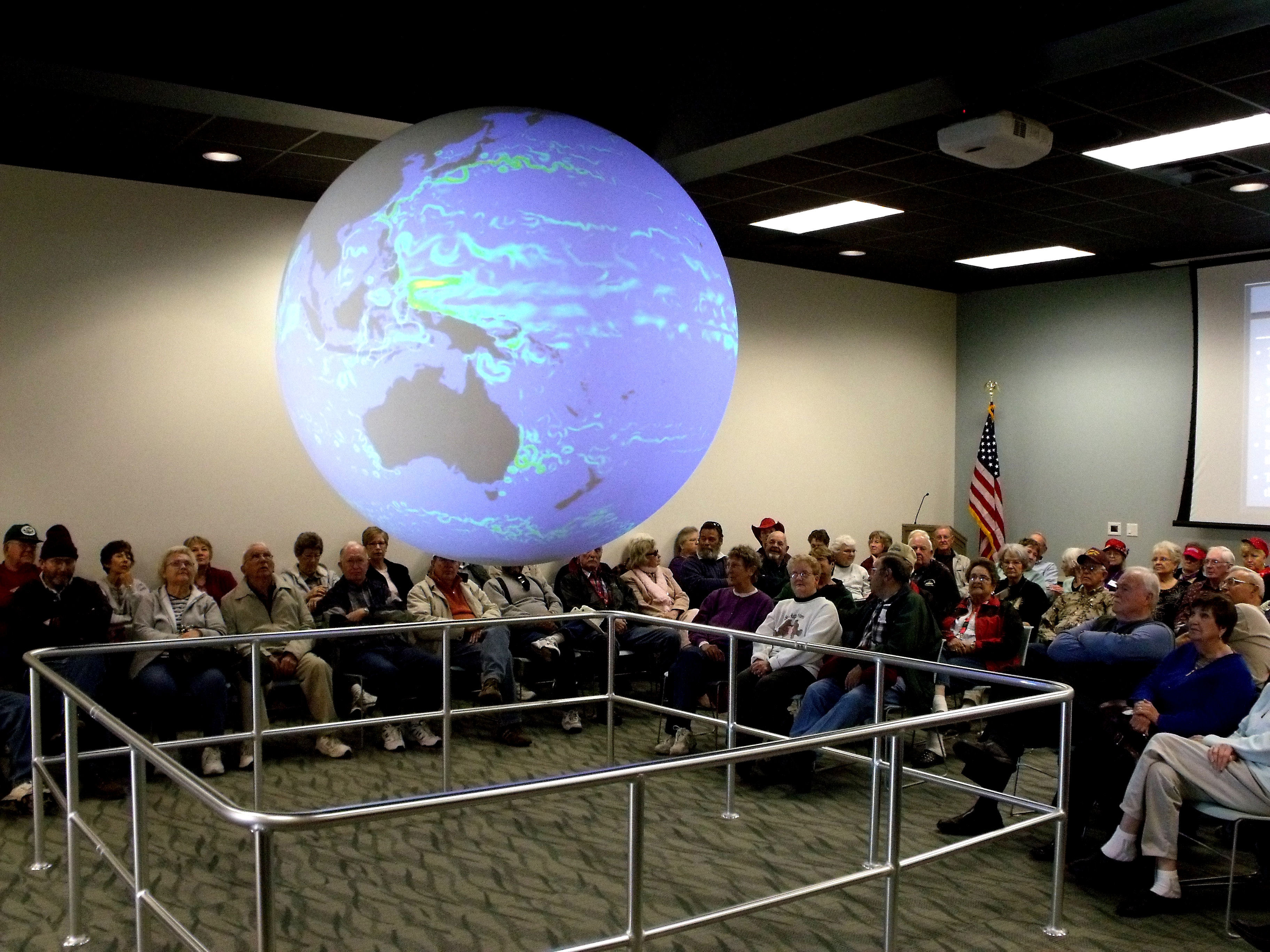
All the world’s a stage – literally – as oceanic, atmospheric, and geologic conditions and events come to life on a “revolving” globe. General public visitors attend a Science on a Sphere presentation at the Bay Education Center. (Photo by Jackie Hattenbach) Researchers and science educators are using visualizations of oil spills, tsunamis, and hurricanes Read More

